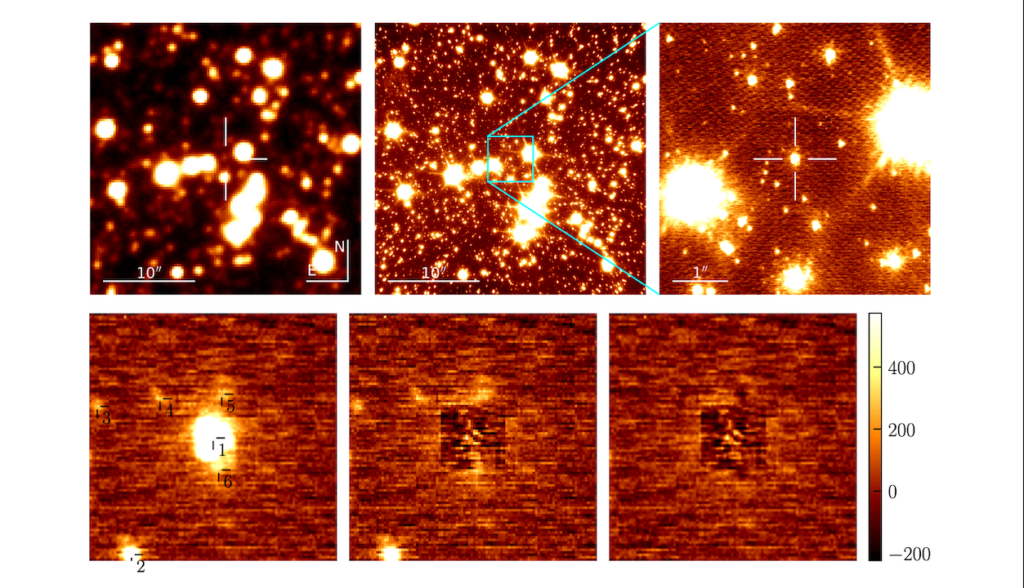The Keck Observatory failed to find stars that could be native to six orphan planets. This is stated in an article published by a team of astronomers from Poland and France on the website arxiv.org.

To date, astronomers have managed to detect at least several dozen exoplanets, which, apparently, are not part of any star system. Terms such as orphan planets and free-floating planets are used to designate such objects.
It is believed that most of the orphan planets formed as part of star systems and were thrown into interstellar space later during various gravitational perturbations caused by their interaction with their parent star and neighboring bodies. At the same time, there is a point of view that some of the exoplanets that are considered orphans are not really them and in reality are just in very distant orbits around stars.
To test this assumption, a Polish-French team of researchers used the telescopes of the Keck Observatory. They photographed the area around the six orphan planet candidates. Subsequent analysis of the images did not reveal any stars around which they could orbit.
At the same time, astronomers do not exclude the possibility that orphan planets may still orbit around a star. Additional observations, including those using the JWST, will be required for final confirmation. Nevertheless, the collected data is an important argument in favor of the fact that in our galaxy there is a huge population of free-floating planets that are not part of any star systems.
Earlier we talked about how astronomers found a volcanic analogue of the Earth.
According to https://arxiv.org
Follow us on Twitter to get the most interesting space news in time
https://twitter.com/ust_magazine

